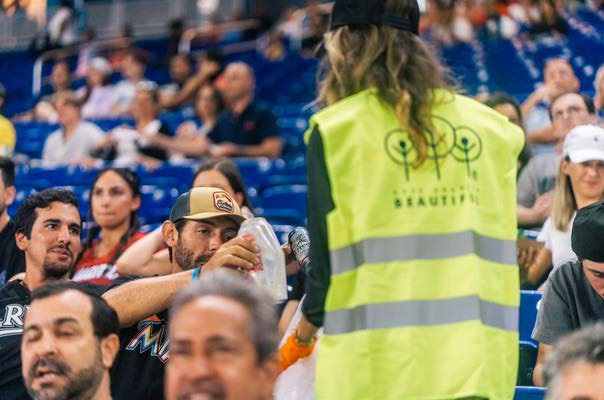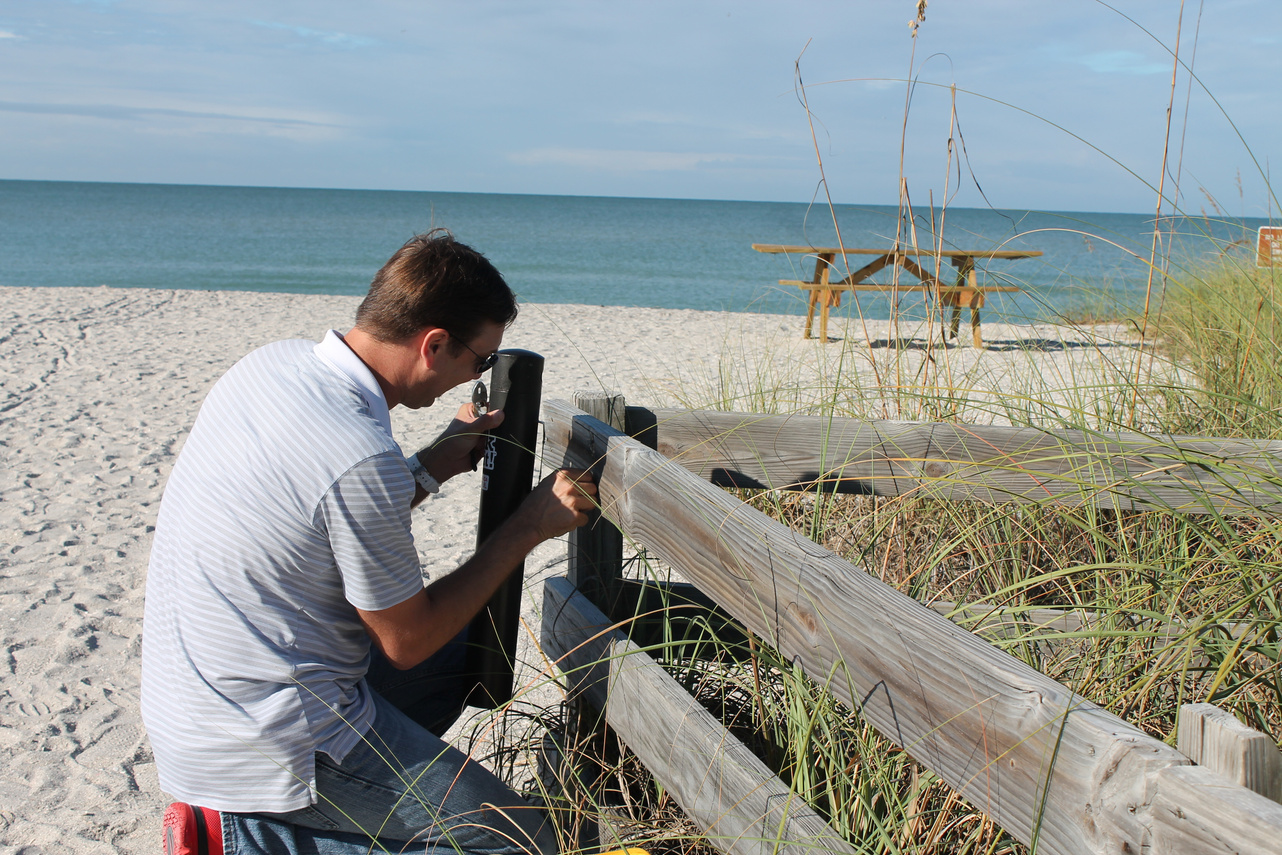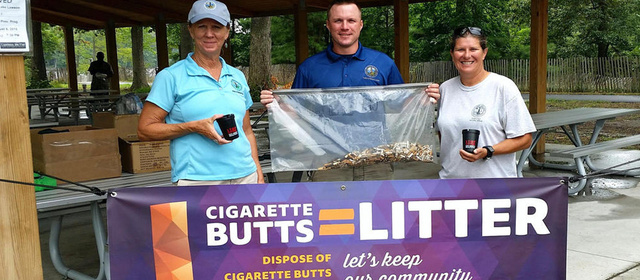Partner with us for a clean, green & Beautiful Tomorrow
GET INVOLVEDKAB collaborates with a remarkable network of corporate partners who share our commitment to preserving and enhancing the natural beauty of our nation. Our corporate partnerships provide vital support, expertise, and resources, enabling us to engage volunteers, generate significant impact, and drive environmental stewardship nationwide. Bringing together “America” and “Beautiful,” we’re thrilled to announce the launch of a three-year initiative with the goal of engaging 25,000 communities nationwide in the Greatest American Cleanup. Our mission: cut litter by 25% before America’s 250th birthday in 2026.
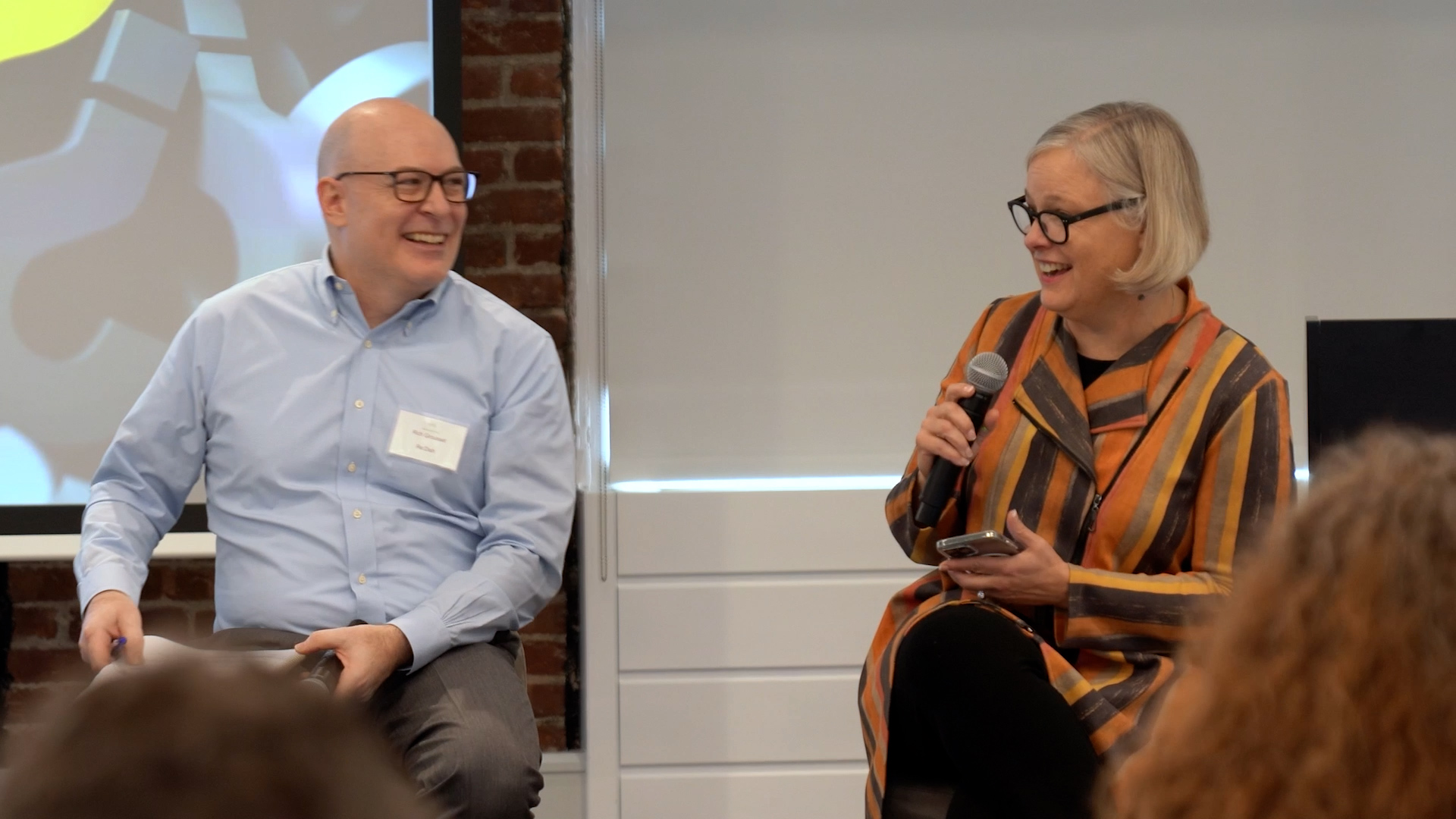
Three ways to partner:
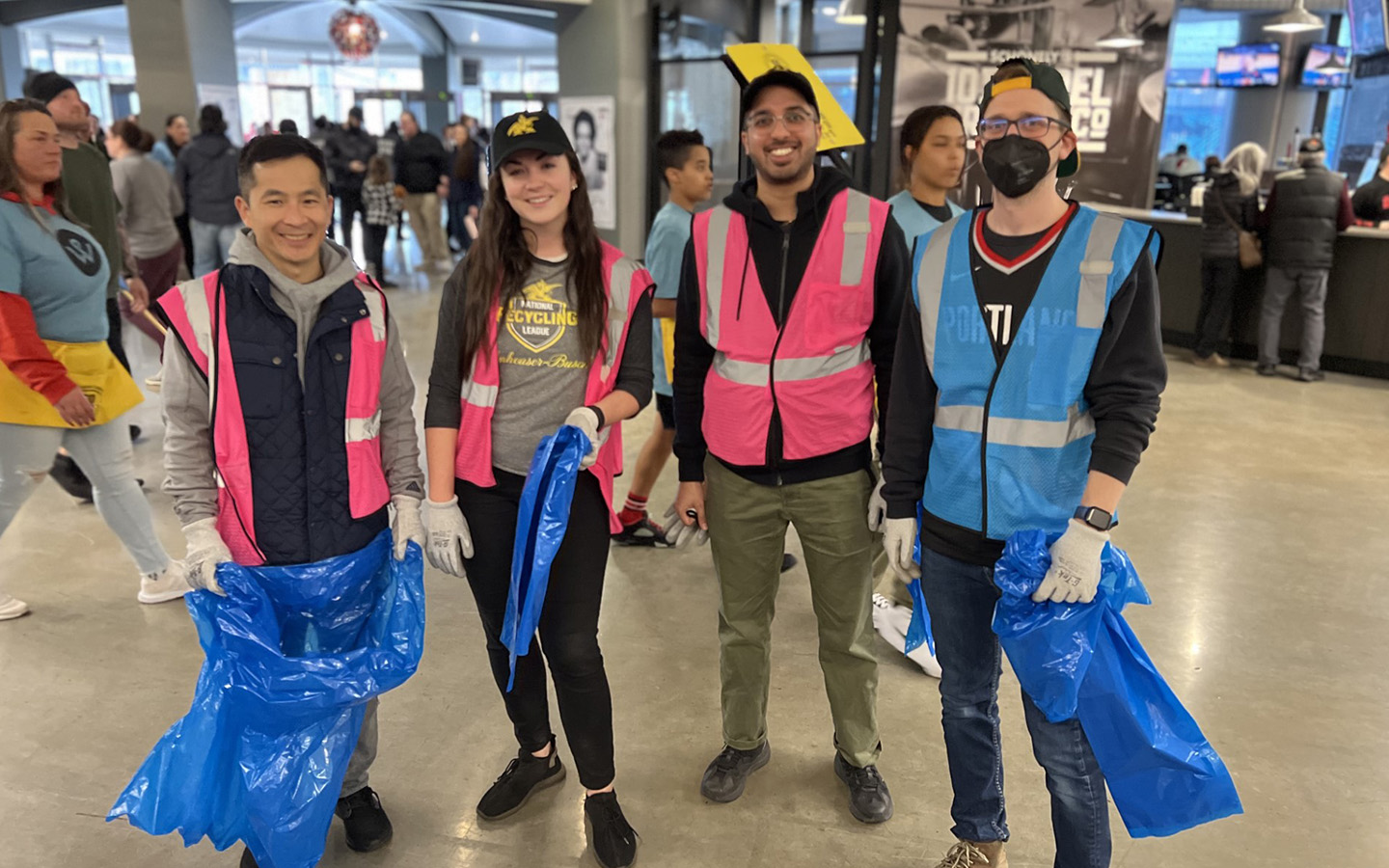
corporate partnerships
We work with partners to create engaging programs around litter reduction, recycling, and beautification to help meet your sustainability goals and increase our impact. These fulfilling experiences motivate participating volunteers and communities while providing recognition for your contribution.
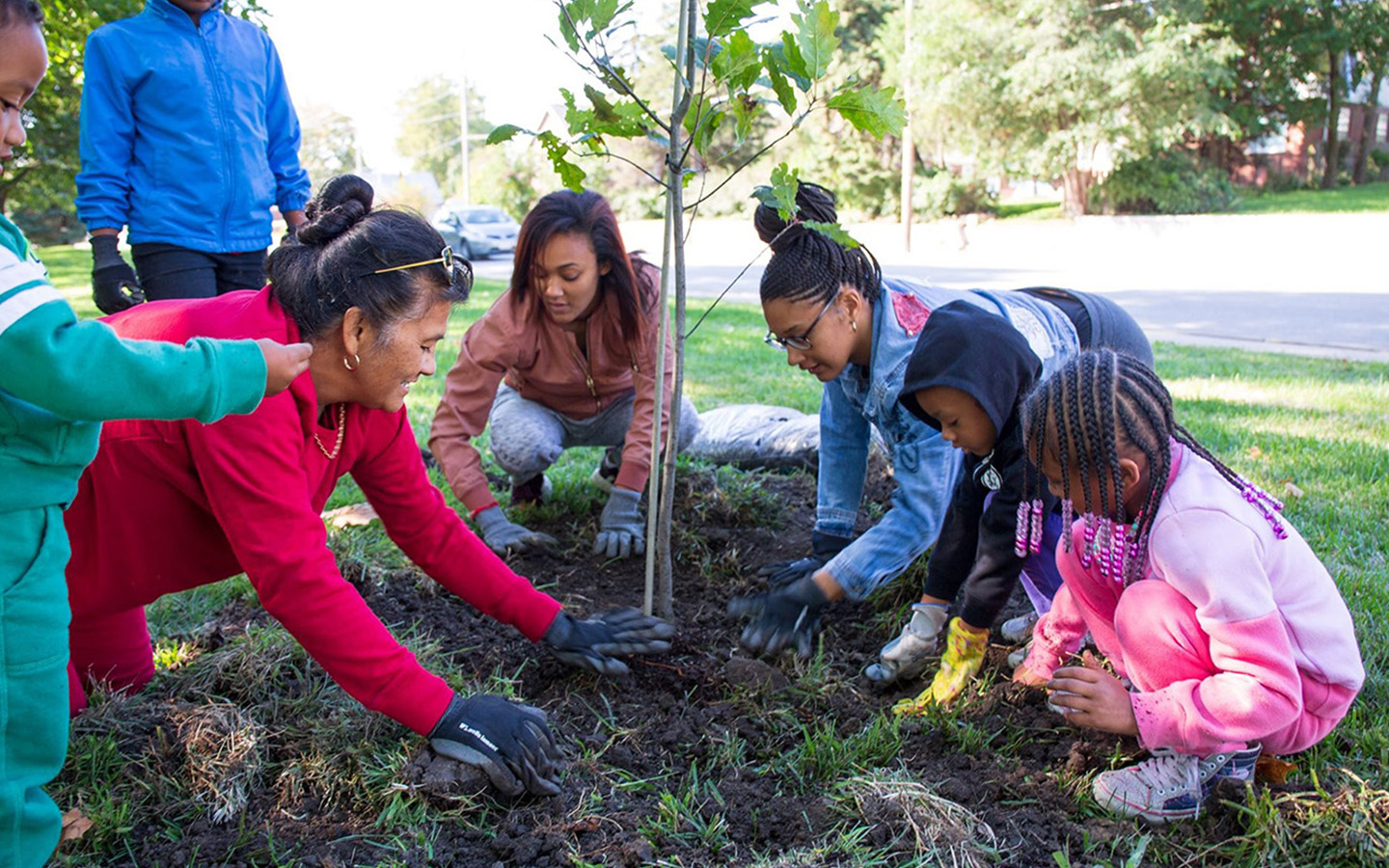
Cause Marketing
Recent research has shown that 70% of consumers want to know how brands are addressing social and environmental issues. Work with KAB to develop a cause marketing campaign that promotes your product or service to help fund positive change in communities across America.
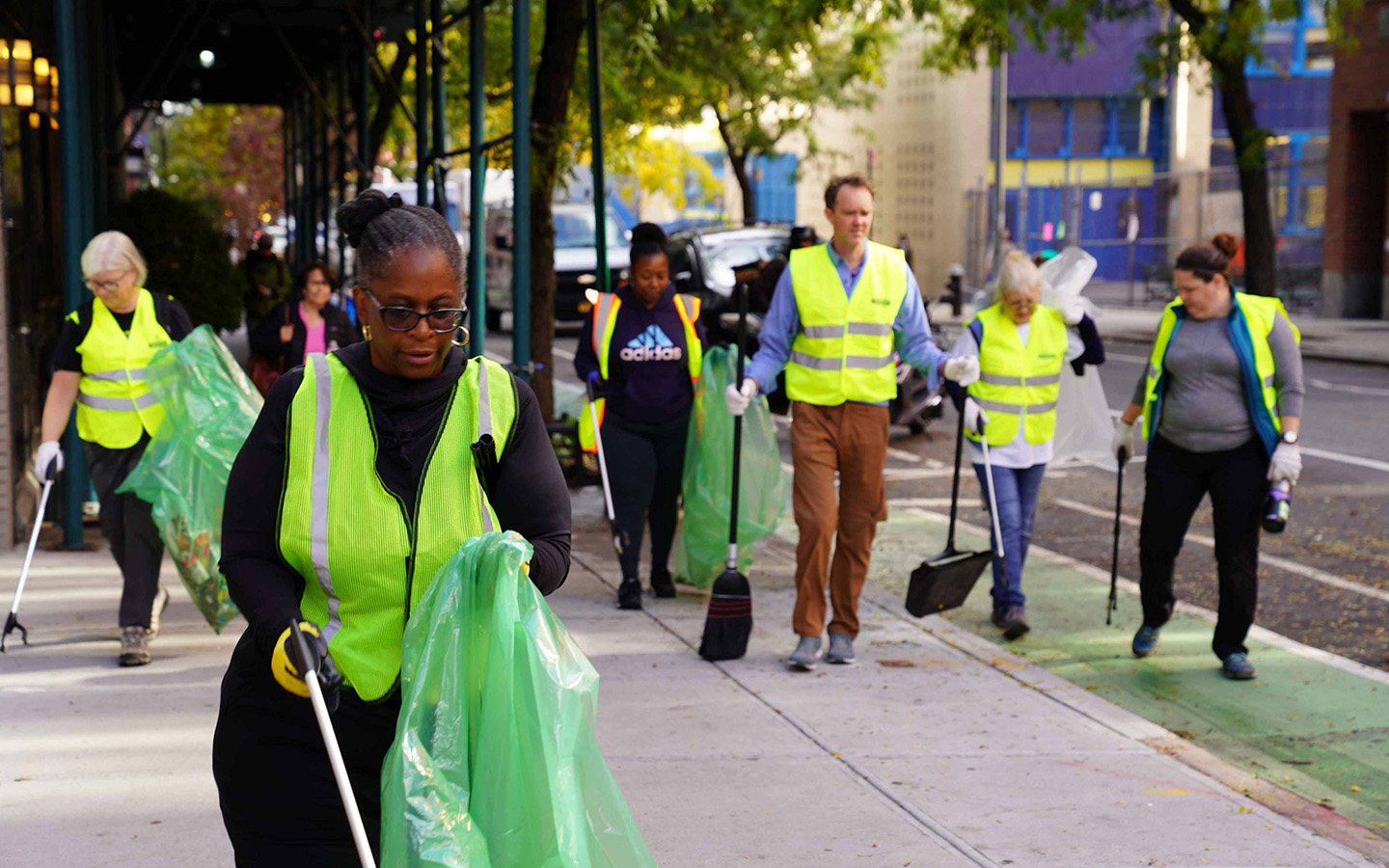
Employee Engagement
Join the growing ranks of companies who set aside time each year for local service. Keep America Beautiful partners with corporations to develop, manage, and execute top-notch volunteer programs. We customize volunteering needs to fit into your organization’s vision.
Let us help your company build your brand for both your internal and external customers.
Download CORPORATE Partner success Stories
partner stories
Keep America Beautiful Announces $228,000 in Grants to Beautify Communities Along MLK Corridors
Applications accepted through March 16, 2026, for Seventh Annual MLK Corridor Community Grant program, sponsored by Target and The Scotts Miracle-Gro Foundation
From Garage Shelves to Beautiful Communities: The Power of Paint Recycling
Learn how the PaintCare program is making it easier to recycle leftover paint, keep it out of landfills, and support cleaner communities.
Keep America Beautiful Joins with National Garden Clubs to Honor Veterans by Beautifying Blue and Gold Star Memorial Markers
Partnership pays tribute to America’s military heroes and families through flower plantings and litter cleanups in lead-up to nation’s 250th.
Thank you to our
CORPORATE partners
We extend our sincere appreciation to our corporate partners whose support fuels the heart of our mission. These partnerships are the driving force behind our efforts.
AQR Capital Management
Arrive
Bottleless Nation
Cardinal Health
Garbo Grabber
Keurig Dr. Pepper, Inc.
Kimberly- Clark
MINI USA
Paper & Packaging Board
Skullcandy
Sparklight
The Harris Poll
Thomas Ashbourne Craft Spirits
foundations
We are grateful to the foundations that have stood alongside Keep America Beautiful, providing support that empowers us to make a difference in communities across the nation.
- American Express Foundation
- Eugene McDermott Foundation
- Garver Black Hilyard Family Foundation
- Lyda Hill Philanthropies
- National Parks Foundation
- Rockefeller Foundation
- The Arbor Day Foundation
- The Dayton Foundation
- The Kay Family Foundation
- The Meadows Foundation
- Virginia Wellington Cabot Foundation
NONPROFIT & Agency Partners
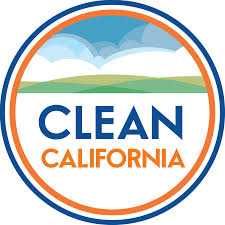


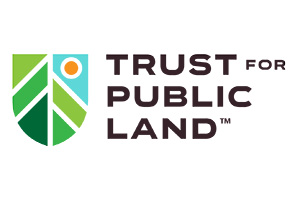
other keep america beautiful partners
Altair/ Joseph Abboud
DuPont
Igloo
McKinsey & Company
Morgan Stanley
Nestle
PepsiCo
Pernod Ricard
Sazerac Company
UPS
Verizon

